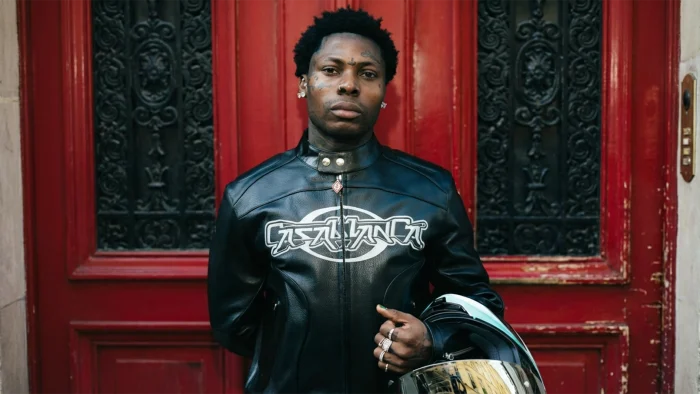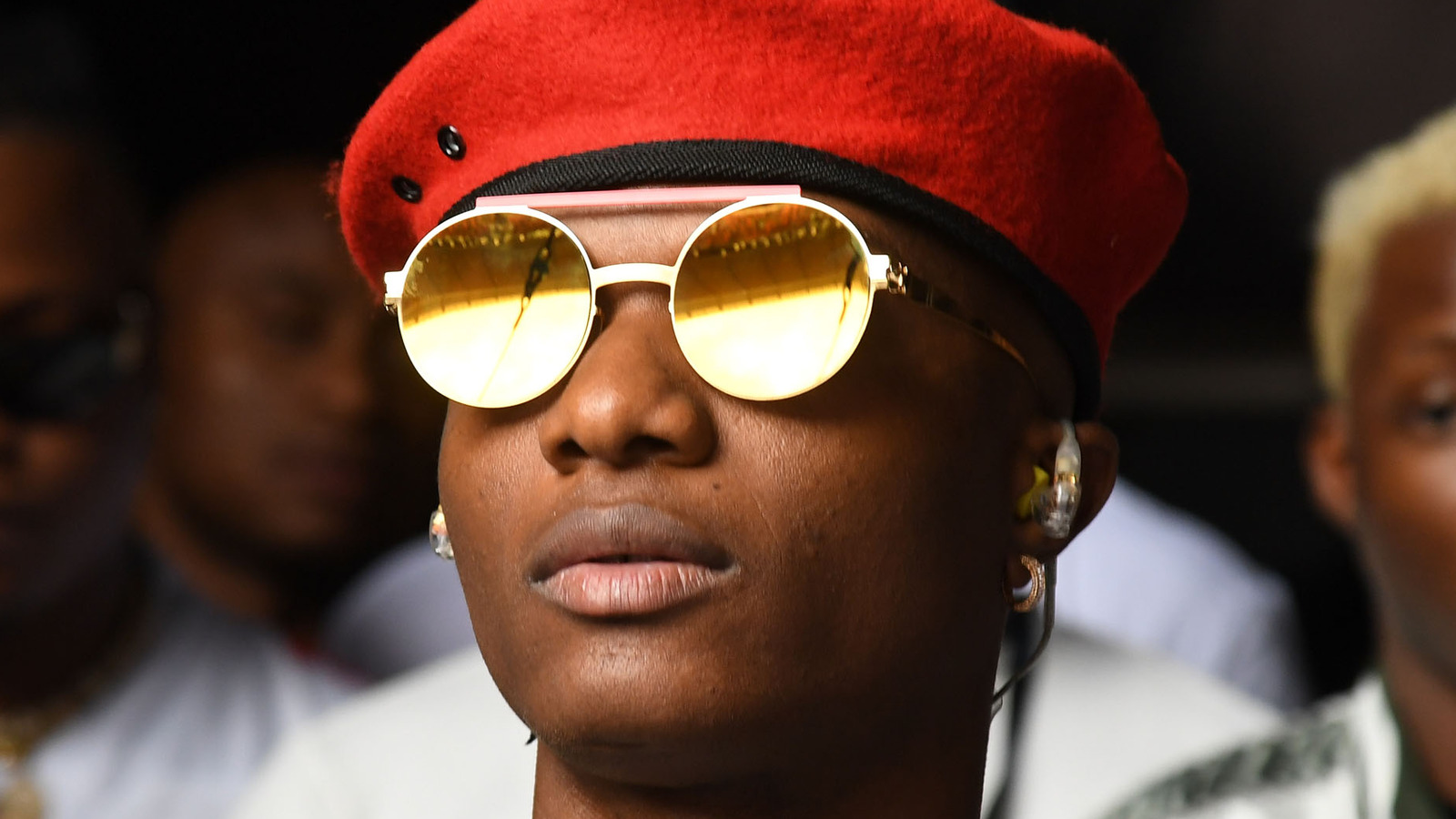“Inability to focus and concentrate is the greatest enemy of goals and achievement.”
Olusegun Mathew Okikiola Aremu Obasanjo was born on this day in 1937 in Abeokuta. In 1958, a year after he finished, his mother passed on. His father unable to bear the loss followed suit the following year. By 22, Obasanjo became an orphan.
In 1958, Obasanjo enrolled in the Nigerian Army. During this time, he attended Mons Cadet school; Royal College of Military Engineers England; School of Survey; the Royal College of Defence Studies all in England. He also attended the Indian Army School of Engineering, Poona.
Upon return, he was posted to Kaduna where he served in the 5th Battalion of the Nigerian Army.
[ad]
In 1963, he was appointed the unit commander of the only Nigerian unit of the Nigerian Army. In 1965, the major left for the Defence Services Staff College in India where Col R.D. Palsokar (retired) described the “popular” major as “the best officer who was sent up till then from that country (Nigeria) to Wellington (India)”
Obasanjo’s genius attracted attention and soon, the colonel was made a commander during the Nigerian Biafran Civil War. The brigadier general served during the administration of General Yakubu Gowon’s and Murtala Mohammed. In 1976, after the death of Mohammed, Obasanjo became the head of state His administration saw the growth of infrastructure; the growth of an indigenous middle class; widespread universal primary school education especially in the Northern part of Nigeria.
On 1 October 1979, he stepped down as head of state for the civilian president Shehu Shagari.
During General Sani Abacha’s regime, Obasanjo spoke out against the human rights abuses and got slammed with 30 years.
In 1999, Obasanjo ran for presidency as a civilian under the Peoples Democratic Party (PDP) and won the election In 2003 again, he ran for a second term and won the elections defeating General Muhammadu Buhari (Nigeria’s current president.) During his tenures, he established the Niger Delta Development Commission; implemented the Universal Basic Education; constituted both the Independent Corrupt Practices Commission and the Economic and Financial Crimes Commission; resuscitated the National Fertilizer Company in Kaduna and (Onne) Port Harcourt; secured debt pardons among others.
After his failed attempt at a “Third Term Agenda,” he stepped down as Nigeria’s president in 2007.
Since then, the elder state spokesman has become influential in Africa’s politics so that his words command attention.
[ad unit=2]








